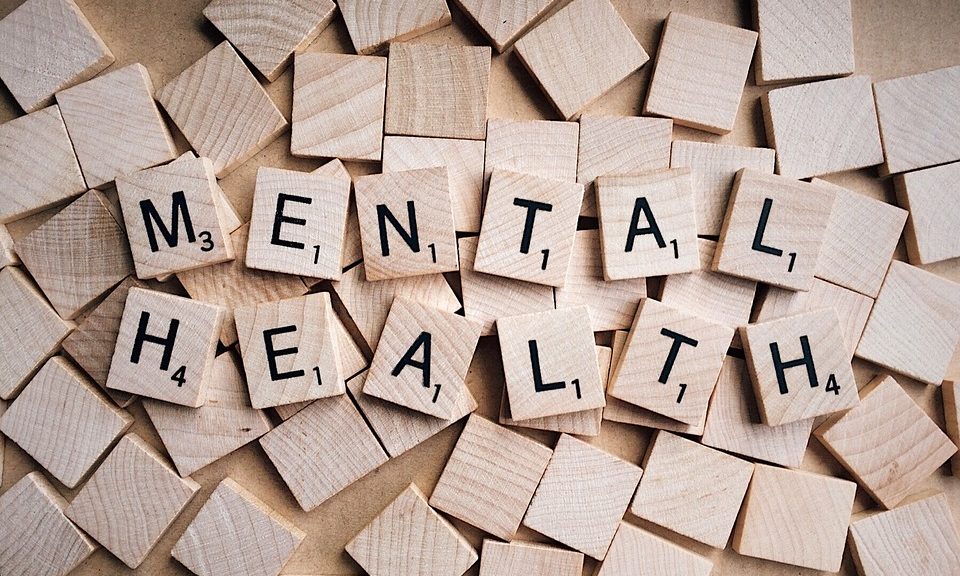I really enjoyed last semester as a conversation partner. Both of the people I engage with on a regular basis are Korean graduate students, and learning about their transition to the United States has been totally fascinating. Neither of my students had lived in this country prior to their arrival at USC a few short months ago, and we have discussed the trials of being immersed in a totally new language and culture. Oftentimes, I am able to relate to this, as I studied abroad in Chile for a semester when I was a sophomore. However, I have found that there are several differences between our experiences. First of all, learning English as a native Korean speaker is far more challenging than learning Spanish as an English speaker. This is obviously because English and Spanish use the same alphabet and both share Latin roots, whereas English and Korean have no real links at all. YoungJoon, one of my students explained how for Koreans, it is fairly simple to learn Japanese as a Korean speaker if you are willing to dedicate a year or two studying. English, on the other hand, requires far more time and discipline to master.
A popular tactic of both of my students to practice English regularly is to watch TV shows and movies in English. However, this only aids in listening and understanding, which is why my partners have sought a forum where they can practice their speaking skills. I was lucky in this respect when I studied abroad, because I stayed with a host family and was thus forced to converse in Spanish on a daily basis. As graduate students, neither of my partners live with English speakers so must seek outside chances to converse.
One of my favorite things to talk about with my partners is their views on Los Angeles and what they do for fun in the city. It is such a sprawling and diverse city with so much going on; there are events and activities for everyone. At the same time, because the city is so huge, it can be intimidating to navigate at first. I know this first hand, as after living here for four years, I feel that I have only recently begun to feel truly at home in LA.
Central to my love of this place is the amazing food that the city has to offer, and I have had a lot of fun trading restaurant and cafe recommendations with my partners. Korean BBQ is one of my favorite things, and we have had long debates on preferred LA locations. According to both of my partners, Koreatown resembles Korea…. But thirty years ago. One of my partners described it as feeling like a time capsule, before Korea was an extremely globalized hub with skyscrapers, it looked very much like Koreatown with strip malls and small family owned businesses.
Talking with my partners is always a treat because I feel like I get to travel and learn from their experiences and perspectives. Our conversations are symbiotic too, as I have noticed my partners progress in the fluidity of their speaking as they grow more comfortable.
Featured image from Pxhere
Virginia is a senior majoring in Narrative Studies. She grew up on an island 30 miles off the coast of Massachusetts called Nantucket. Through high school and college she has traveled as much as possible, studying for extended periods in South America, as well as visiting Europe, Hong Kong, and Azerbaijan. As Virginia is interested in learning about other people and cultures, she has experience tutoring students in the English language, both one-on-one at her local high school, and as a literacy volunteer at her library. Virginia loves being outside, especially going to the beach, because it reminds her of home.



